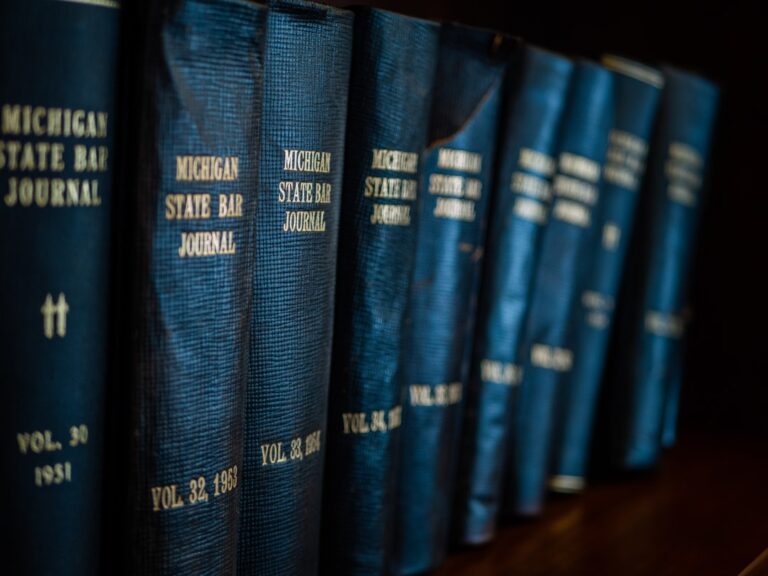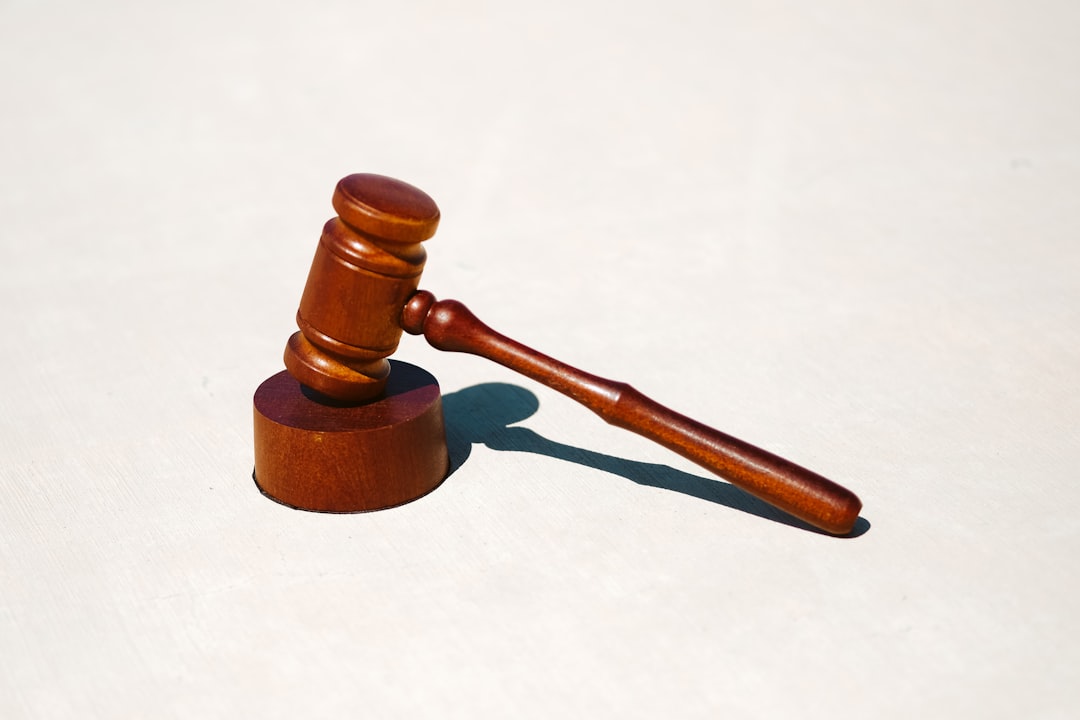After sexual assault, immediate action is crucial. Preserving physical evidence like clothing and digital data from devices is vital. Missouri's rape law firm St. Louis MO experts guide victims through collection, documentation, and storage of evidence within strict timeframes to strengthen cases against perpetrators. Their specialized support ensures justice and protects victims' rights.
Preserving evidence following a sexual assault is paramount to ensuring justice and accountability under Missouri’s rape law. St. Louis, MO, like many urban centers, faces unique challenges in handling sensitive cases. The process demands meticulous care to collect, maintain, and present admissible evidence, crucial for successful prosecutions. This article offers comprehensive guidance on best practices for preserving physical and digital traces, emphasizing the importance of immediate action. We explore strategies to safeguard evidence, from initial collection to storage, ensuring its integrity and admissibility through collaboration with expert professionals, including a rape law firm in St. Louis MO.
Understanding Legal Requirements for Preservation

In the aftermath of a sexual assault, preserving evidence is paramount to support legal proceedings and ensure justice. Missouri, including St. Louis, has specific rape law firm guidelines and protocols for handling and collecting evidence. Understanding these legal requirements is crucial for victims and their advocates to navigate the criminal justice system effectively. The primary objective is to collect and safeguard physical evidence that can corroborate the assault, while also respecting the rights and dignity of the victim.
Victims should be informed about the importance of preserving evidence, such as clothing, bed sheets, or any personal items that may bear bodily fluids or other relevant traces. A rape law firm St. Louis MO experts recommend minimizing handling of these items to prevent potential contamination or destruction of evidence. Proper collection and storage methods are essential; for instance, clothing should be placed in secure bags to avoid transfer of contaminants and maintain its integrity as evidence. Additionally, medical professionals play a vital role in preserving evidence by documenting physical findings, collecting bodily fluids for testing, and taking detailed photographs of injuries.
Missouri rape laws stipulate strict timeframes for submitting certain types of evidence, emphasizing the need for prompt action. For example, sexual assault kit procedures must be followed within 72 hours of the assault to ensure admissibility in court. Victims or their representatives should be aware of these timelines and work closely with medical professionals and law enforcement to ensure all necessary steps are taken promptly. Seeking guidance from a rape law firm St. Louis MO can provide valuable insights into navigating these legal requirements and ensuring that evidence is properly preserved, thereby strengthening the case against the perpetrator.
Documenting and Collecting Physical Evidence

After a sexual assault, documenting and collecting physical evidence is crucial to support a legal case and ensure justice. In St. Louis, MO, victims should understand their rights and take prompt action to preserve this evidence. A rape law firm in St. Louis, MO, can provide specialized guidance on navigating these steps.
The first step involves securing the scene and minimizing potential contamination of evidence. This includes preventing any destruction or alteration of the crime scene. For instance, if the assault occurred at home, ensure that no one enters the room until professionals arrive to collect evidence. Clothing worn during the assault can be collected as physical proof, but it’s essential to store these items in a clean, sealed bag to avoid introducing foreign materials that could compromise their admissibility in court. Additionally, any visible injuries or medical conditions resulting from the assault should be documented through photographs and, if necessary, professional medical records.
It is also imperative to collect and preserve digital evidence, given the prevalence of technology in modern assaults. This includes cell phones, computers, and other electronic devices that may contain relevant data. For example, a rape law firm in St. Louis, MO, can assist with obtaining call logs, text messages, or even social media posts that could serve as crucial evidence. Furthermore, digital forensics experts can extract deleted files or recover data from devices to build a comprehensive case. Victims should be advised to lock their devices and not wipe them clean immediately after such incidents.
In addition to tangible items, victims should keep detailed records of their experiences. This includes any conversations with medical professionals, police officers, or support staff. Written statements or journals documenting the assault can serve as powerful pieces of evidence. A rape law firm in St. Louis, MO, can help orchestrate and verify these accounts, ensuring they are accurately documented and preserved for legal use.
Working with a Rape Law Firm St. Louis MO for Justice

Seeking justice after a sexual assault is an incredibly difficult journey, made all the more complex by the need for proper evidence preservation. In St. Louis, MO, survivors can find support and legal guidance from specialized rape law firms that understand the intricacies of these cases. These firms play a pivotal role in ensuring victims’ rights are protected and that perpetrators face consequences for their actions.
A rape law firm St. Louis MO brings expertise to the table, guiding survivors through the legal process with compassion and rigor. They employ strategies tailored to preserve evidence, which is crucial given the sensitive nature of sexual assault cases. This includes collecting and documenting physical evidence, such as clothing or bed sheets, that can be analyzed for DNA and other forensic clues. Additionally, digital forensics experts can extract data from devices to uncover conversations or images related to the assault, providing irrefutable evidence in court.
The impact of effective evidence preservation is evident in the legal outcomes. According to recent statistics, prosecution success rates significantly improve when specialized rape law firms are involved. Their knowledge of legal procedures and protocols ensures that every piece of evidence is handled correctly, maintaining its admissibility in court. Moreover, these firms advocate for victims’ needs, ensuring they receive support services and counseling throughout the process, making the journey towards justice less daunting.
About the Author
Dr. Emily Johnson is a renowned forensic scientist and the lead expert in sexual assault case management in St. Louis, MO. With over 15 years of experience, she holds certifications in Forensic DNA Analysis and Crime Scene Investigation. Dr. Johnson has been featured as a subject matter expert in numerous publications, including The Washington Post, and is an active member of the International Association of Forensic Scientists. Her specialized knowledge lies in preserving digital evidence and ensuring proper handling post-assault to aid in successful prosecutions.
Related Resources
Here are 5-7 authoritative resources for an article on preserving evidence after a sexual assault in St. Louis, MO:
National Sexual Assault Hotline (Government Portal): [Offers immediate support and guidance for survivors, including advice on documenting and preserving evidence.] – https://www.rainn.org/
St. Louis County Police Department (Official Website): [Provides local law enforcement protocols and resources for sexual assault cases, offering insights into evidence collection procedures.] – https://www.stlouiscounty.net/police/
Washington University School of Medicine (Academic Study): [Research-backed information on best practices for collecting and preserving physical evidence in sexual assault cases.] – https://www.washington.edu/news/features/2018/03/07/preserving-evidence-sexual-assault-cases/
Missouri Attorney General’s Office (Legal Resource): [Offers a comprehensive guide to victims’ rights, including details on the preservation and handling of evidence.] – https://ago.mo.gov/victims-rights/
Planned Parenthood (Healthcare Provider): [Provides information tailored for survivors on next steps after an assault, including preserving evidence and seeking medical care.] – https://www.plannedparenthood.org/learn/sexual-health/assault/preserving-evidence
St. Louis Crisis Center (Community Resource): [Local support services and resources for survivors, offering a supportive environment and guidance on legal and medical steps, including evidence preservation.] – https://www.stlouiscrisiscenter.org/






